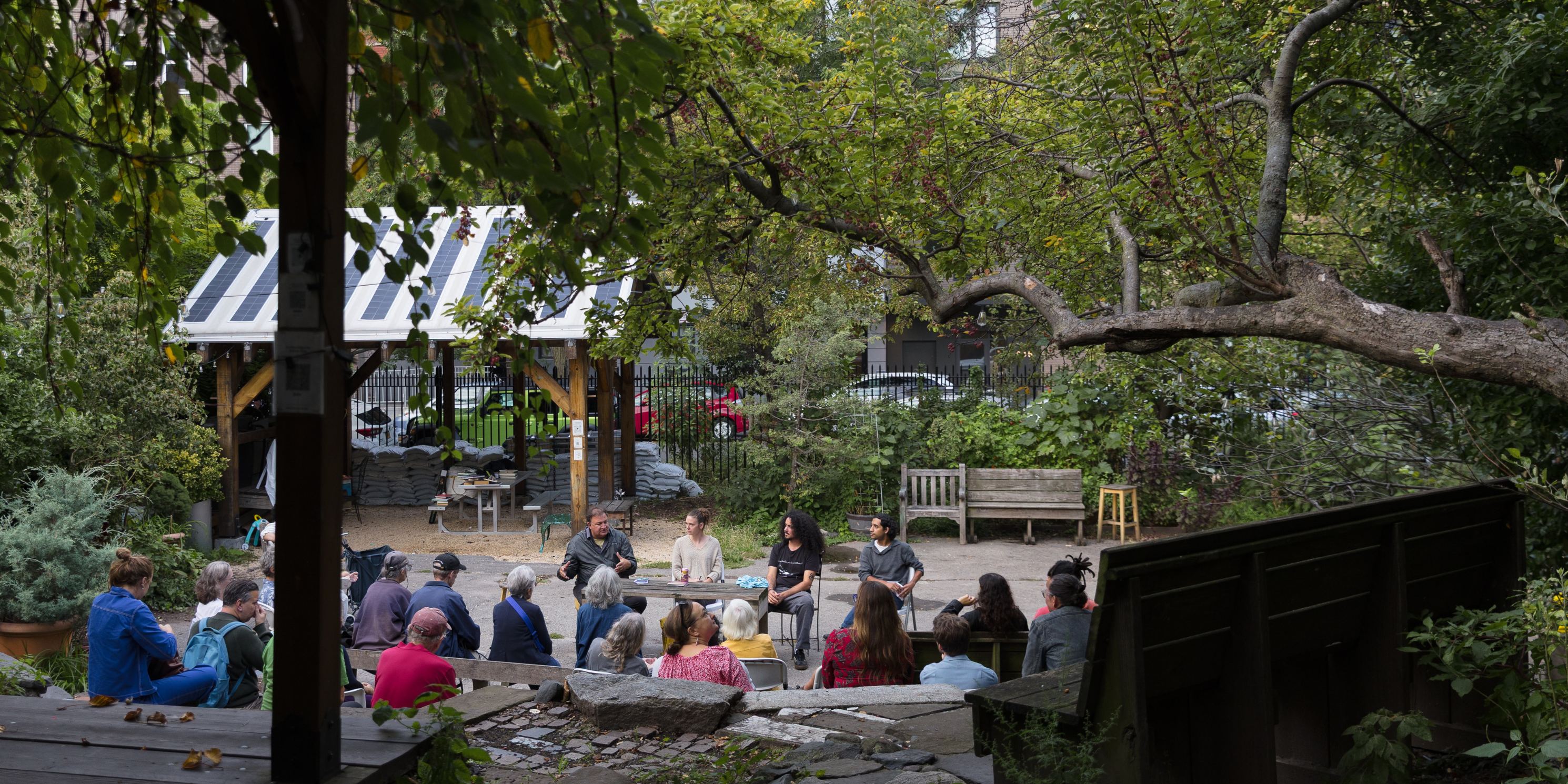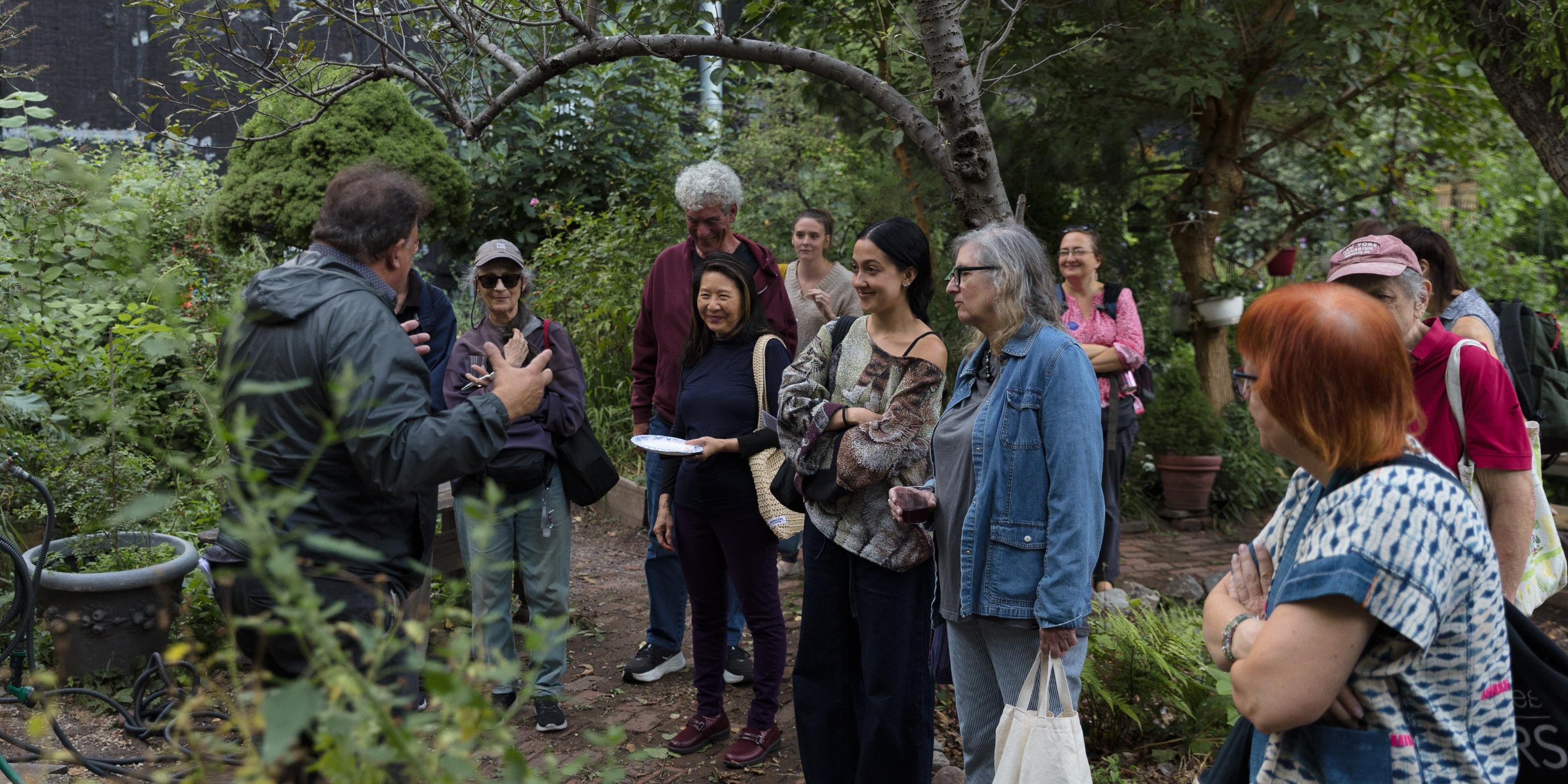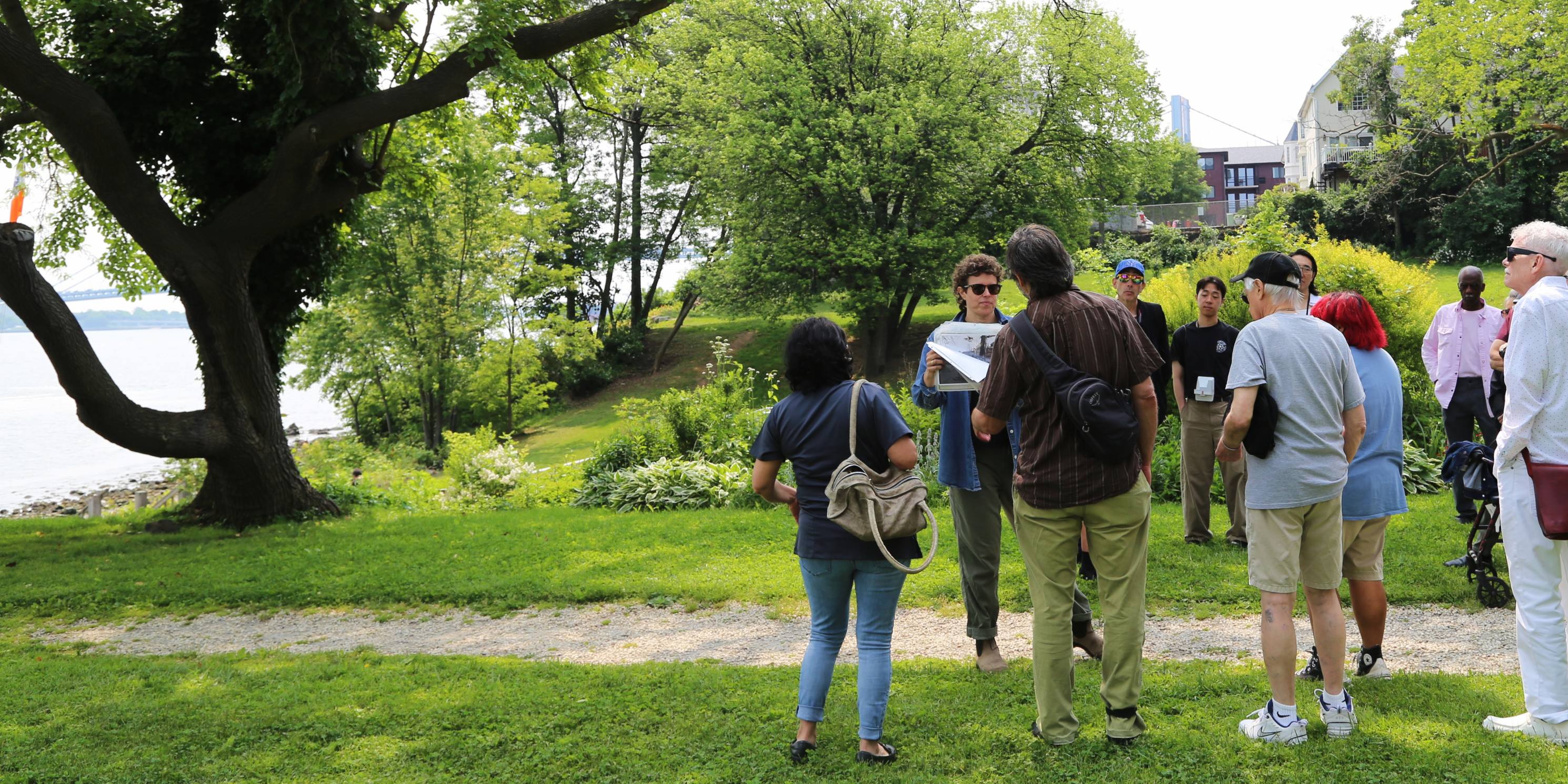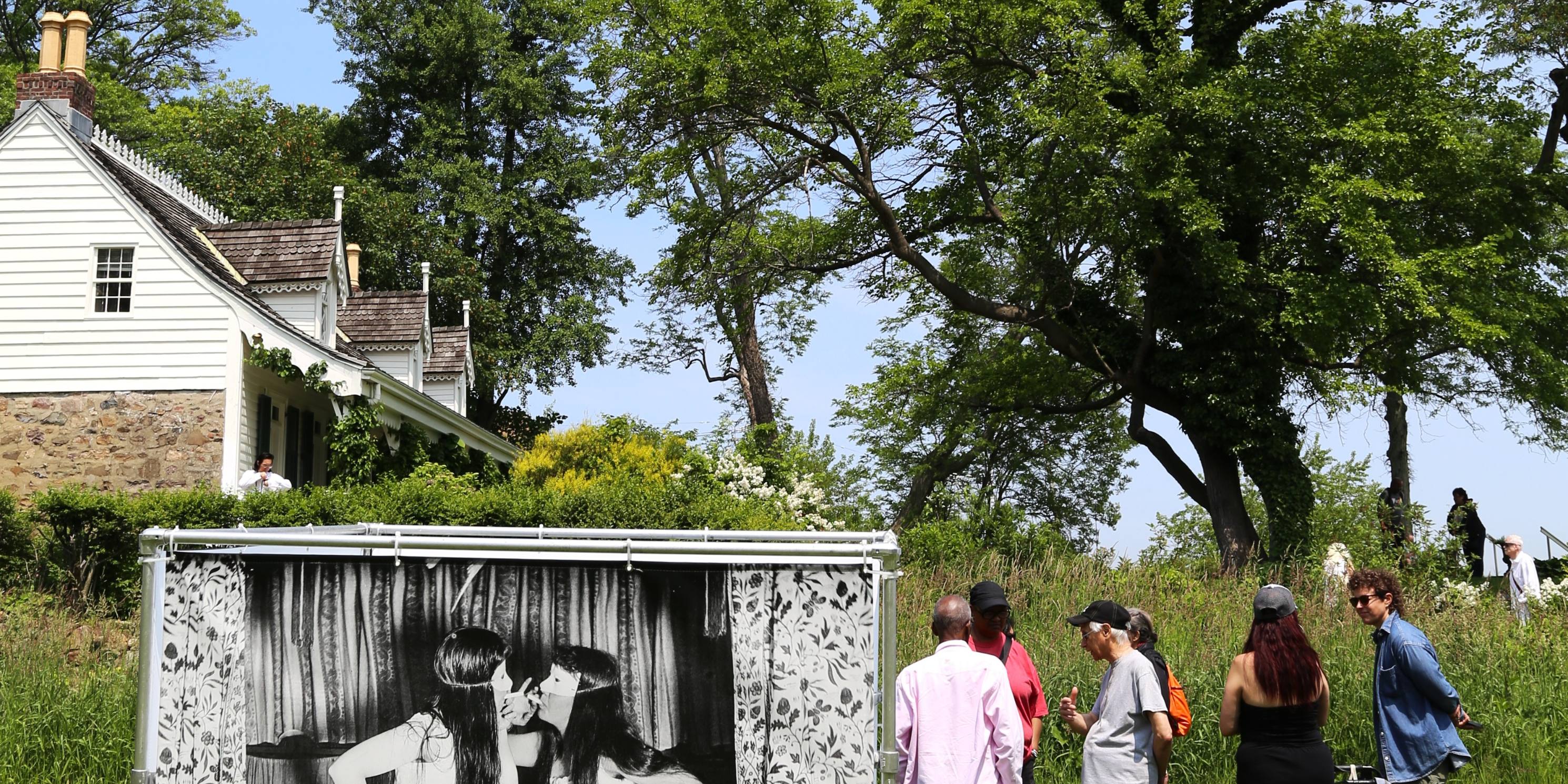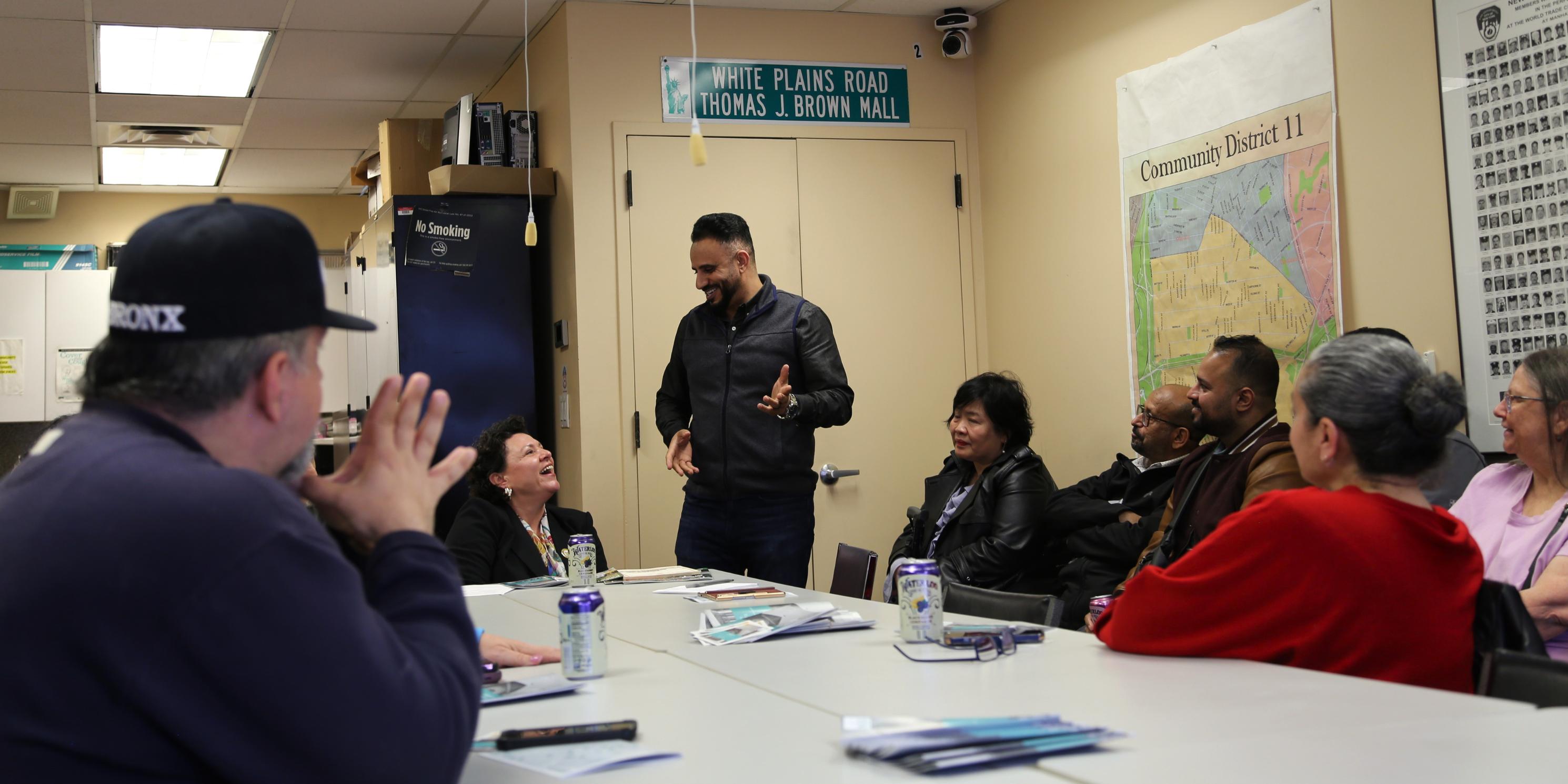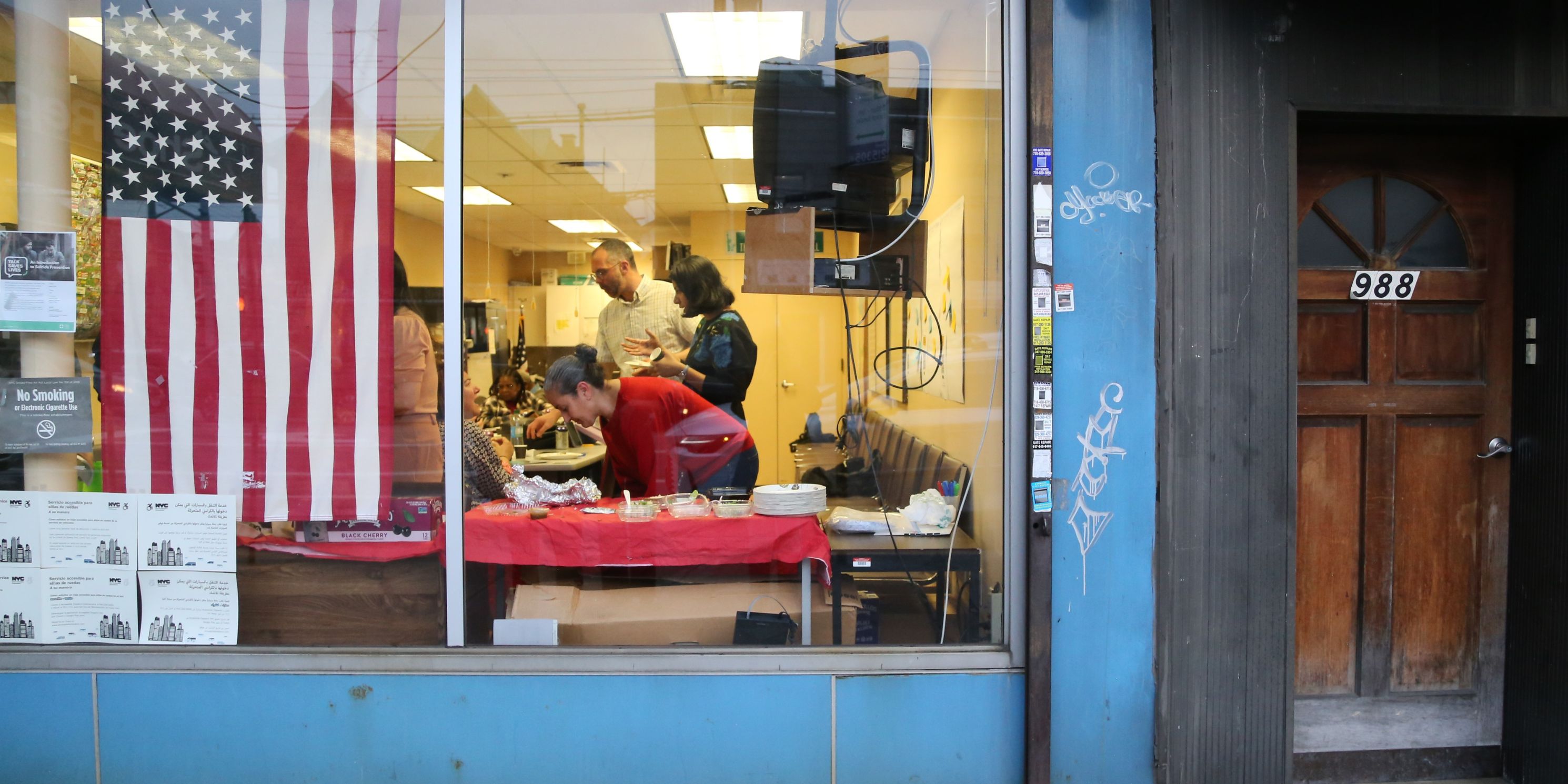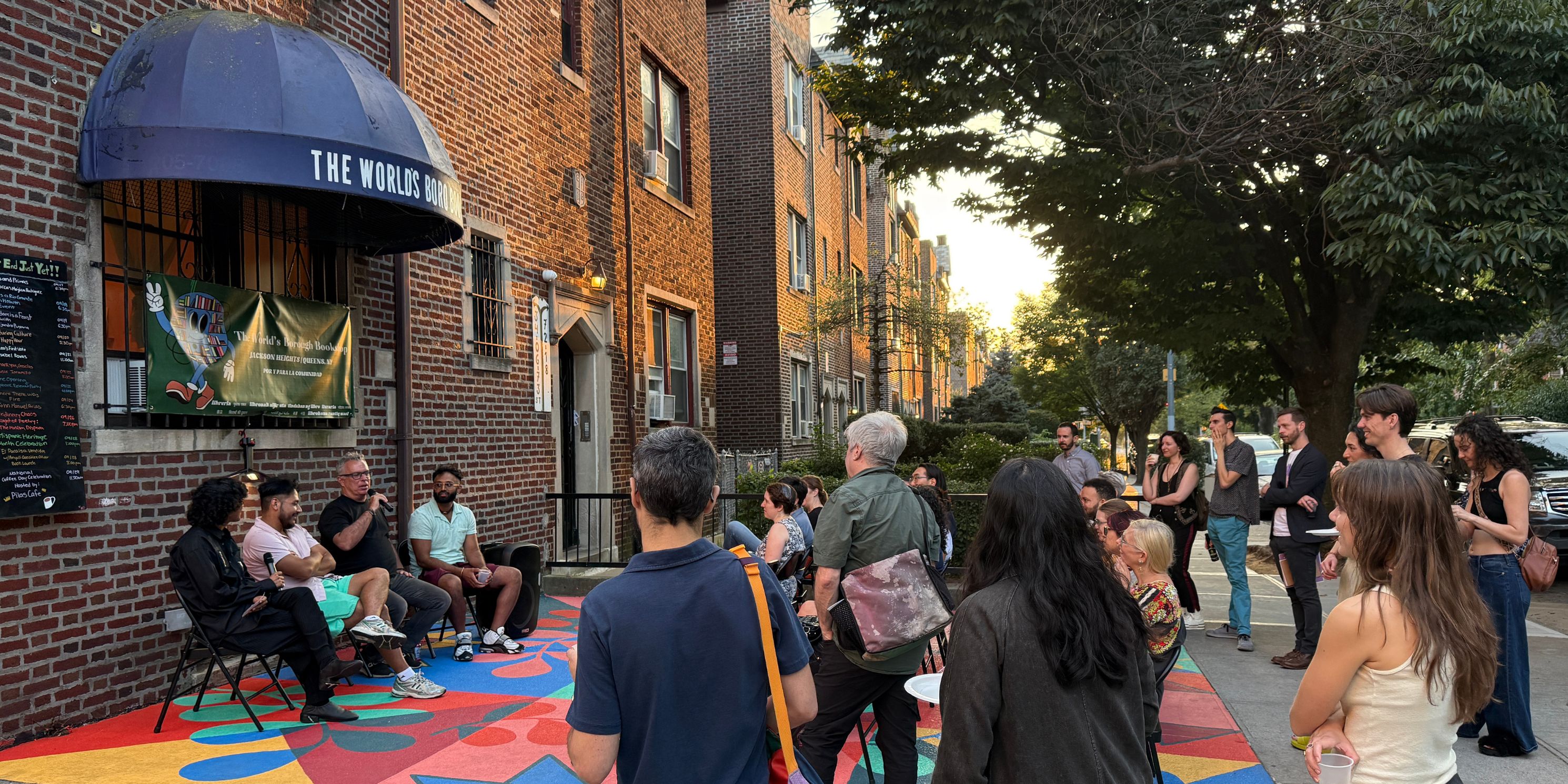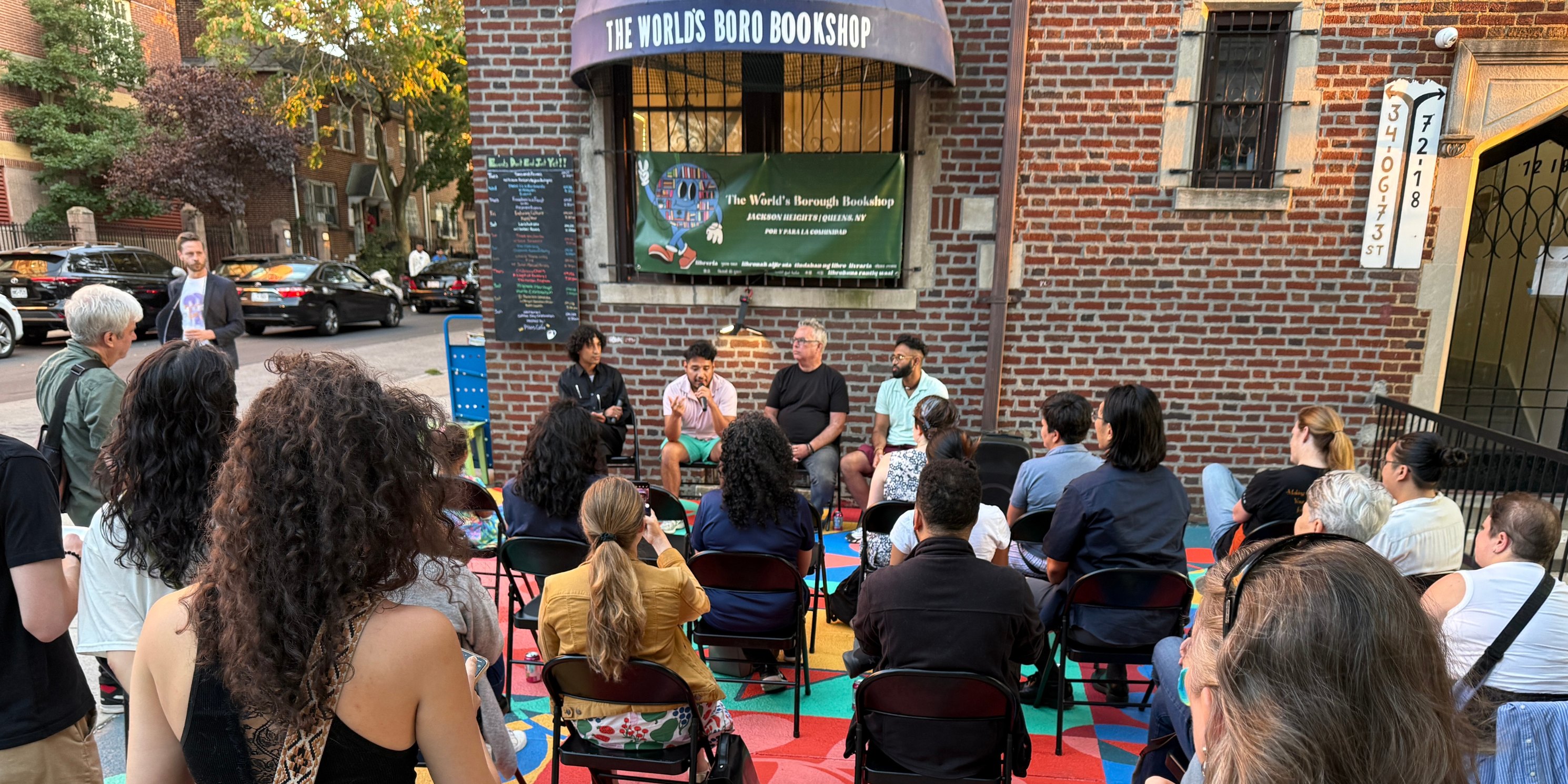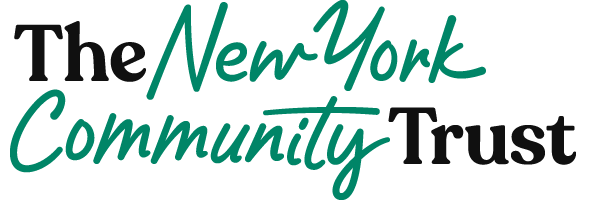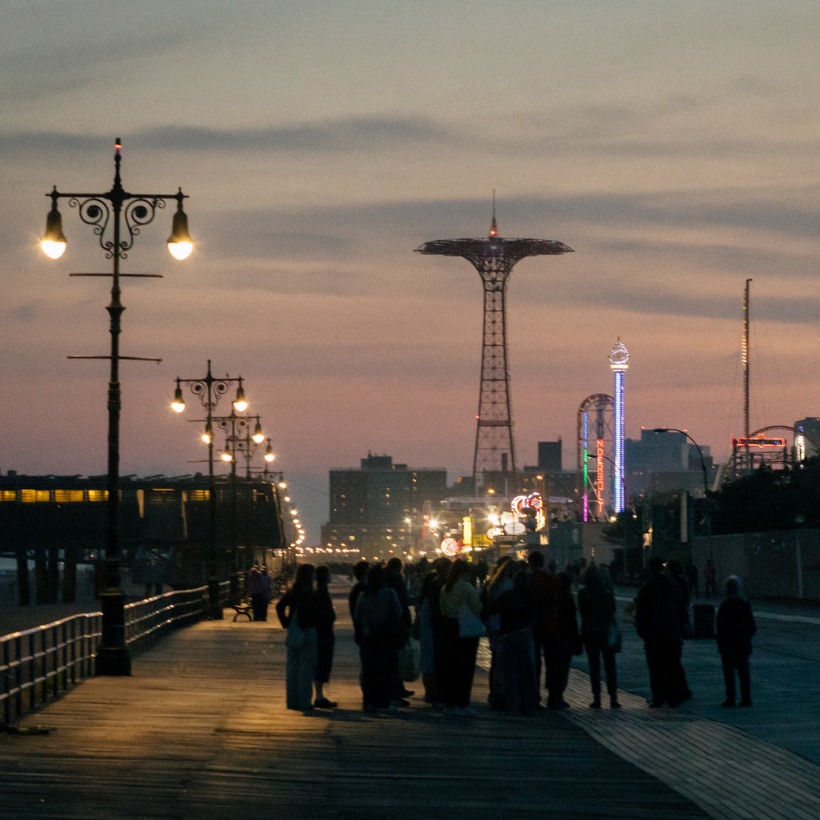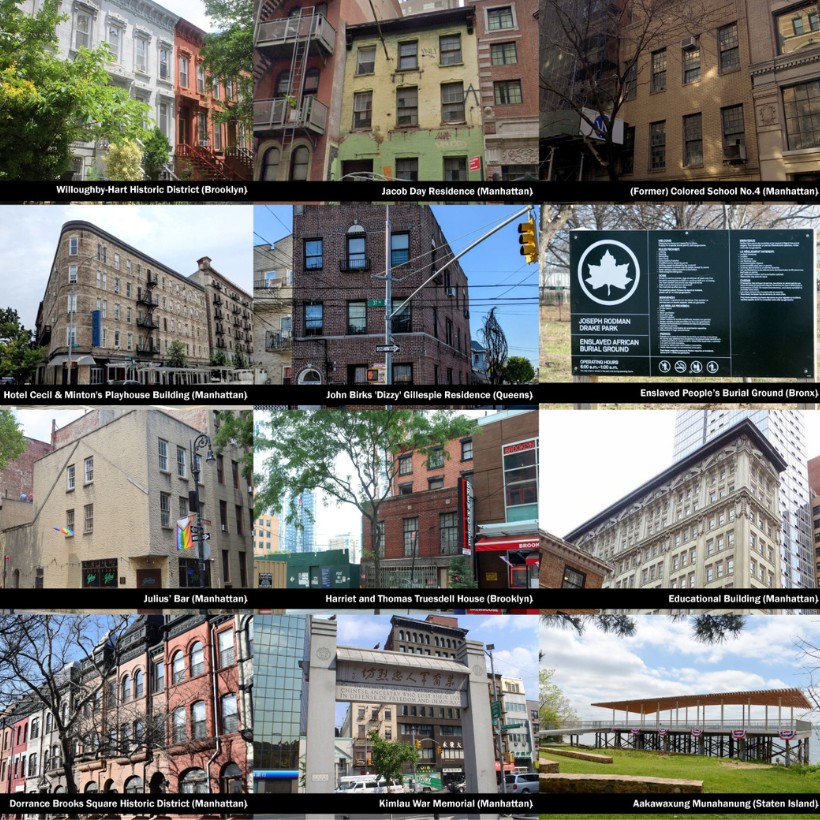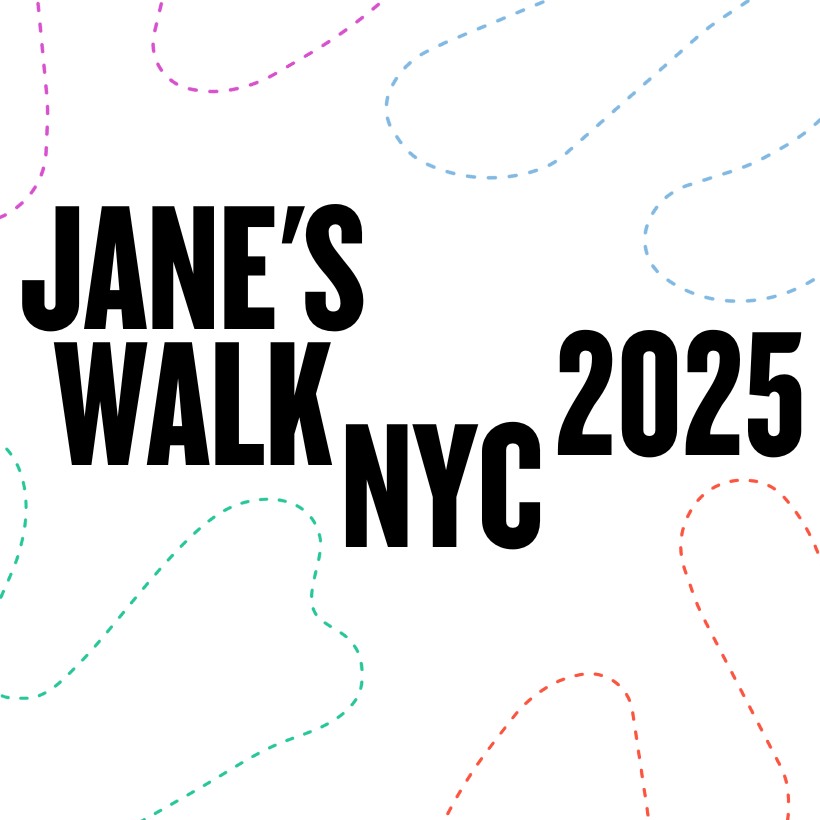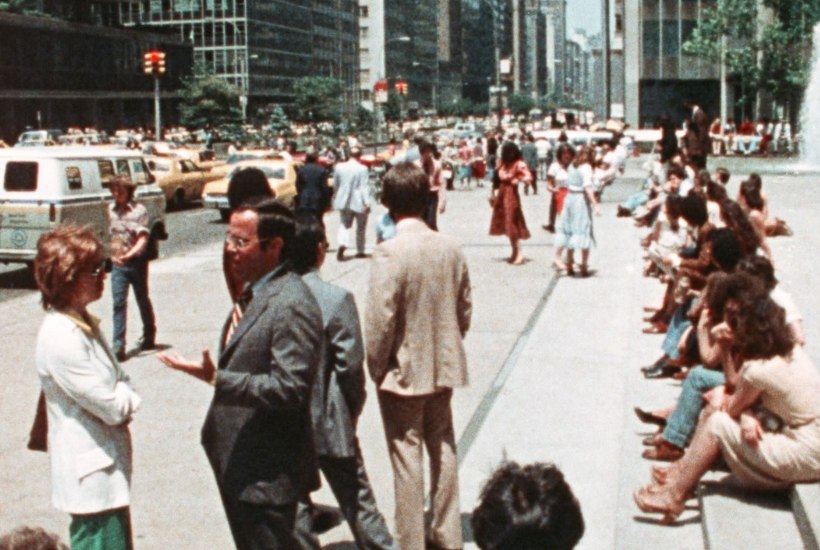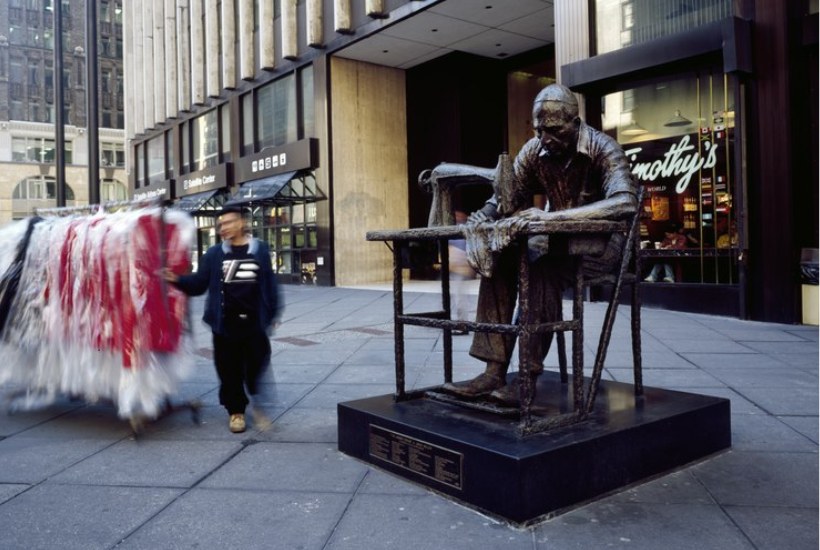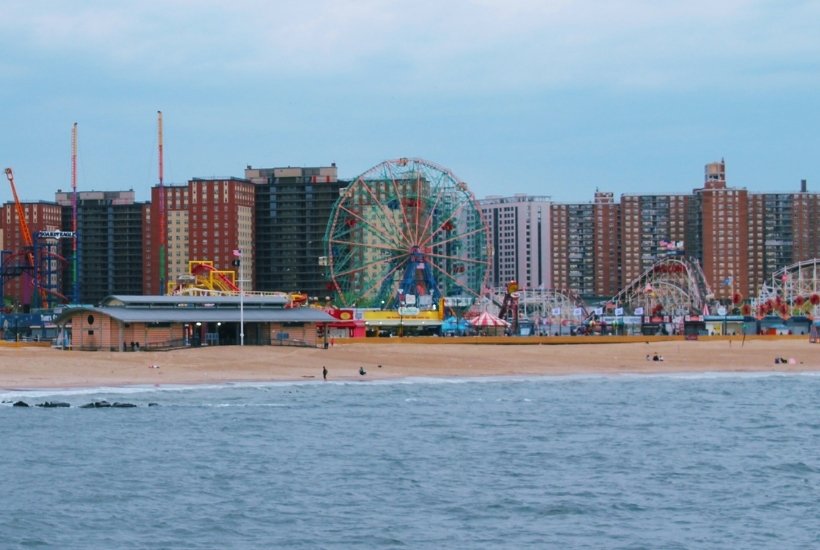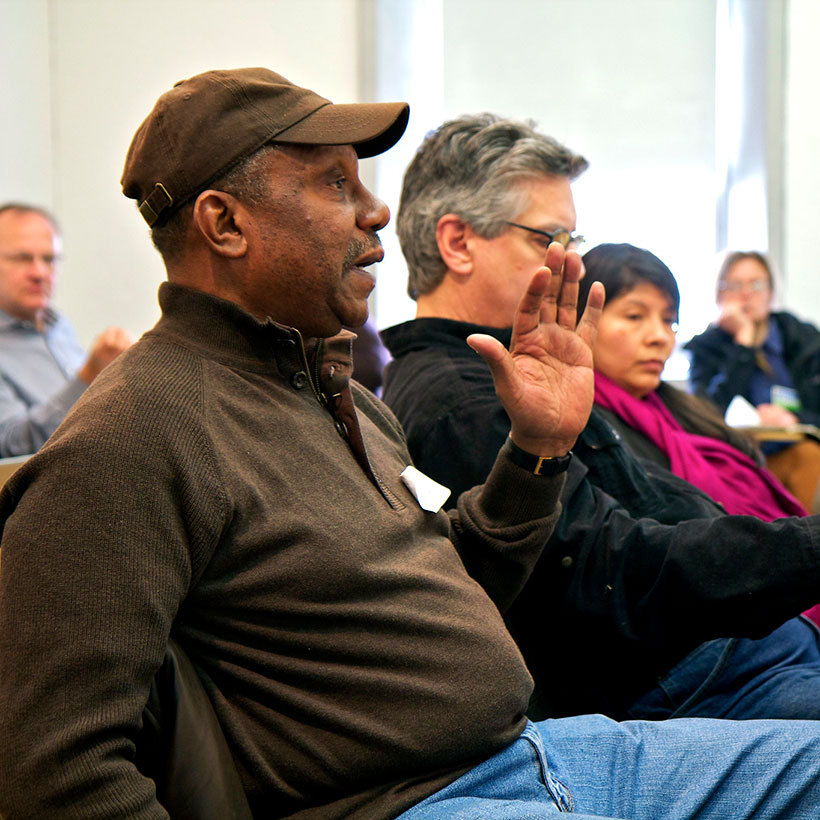Enduring Culture
Supporting, celebrating, and preserving diverse cultural heritage throughout NYC
The Enduring Culture initiative is a multi-year effort that aims to expand New York City’s approach to preservation; to protect and celebrate more of the places, cultural activities, and histories that make our neighborhoods and communities unique.
Historic preservation, as traditionally structured and practiced, protects physical places and buildings with a focus on material architectural integrity and strict rules for maintaining a structure in time. However, defining a sense of place involves a larger set of layered histories, narratives, cultural traditions and practices, and community anchors — from legacy businesses to public artworks, to the havens of urban gardens.
These stories, practices, and sites are intimately related to community identity, yet often lack resilience in the face of change. As our policies and practices shift to adapt our built environment to meet the needs of our climate crisis, address our housing crisis, and deconstruct the legacy of racist planning and marginalizing policy, the field of preservation can evolve to do more than one thing for more than one purpose.
Shifts in urban policy and frameworks for support will ensure that the benefits of preservation are broadly and equitably distributed, celebrating a fuller understanding of New York City’s diverse cultural heritage and making communities more resilient.
The Enduring Culture Initiative’s Goals:
● Lay the groundwork for an expanded field of historic preservation that is more inclusive, equitable, and supportive of multivocal perspectives.
● Support community-based organizations in their efforts to tell and preserve their stories and sites.
● Elevate sites of cultural significance connected to underrepresented histories.
● Advocate for legislation, policies, and programs that will help preserve and maintain sites of historic and cultural significance, while also contributing to citywide climate and housing goals.
Guiding Questions:
● How can preservation practiced in non-traditional forms provide the opportunity for our urban fabric to be flexible, adaptable, and reflect layers of history to support multiple communities over time?
● How can preservationists better use data to represent cultural legacies to advocate for innovative & inclusive change?
● How can our systems better support practitioners across New York City who are creatively building ways to support historical and cultural heritage in the ever-shifting landscape of our city?
● What city policies and practices, in addition to landmark designations, could support the preservation of culture and sites that provide neighborhoods with unique character, history, and a sense of place?
The Enduring Culture Initiative is made possible with generous support from the New York Community Trust.
Please take our short survey and share a photo of your neighborhood!
Follow MAS:
MAS members and partners are crucial to everything we do. Please consider contributing to MAS and joining our community of advocates.
Support UsContact a staff member about this initiative. planning@mas.org >
Supporters
This project is supported by the New York Community Trust.
